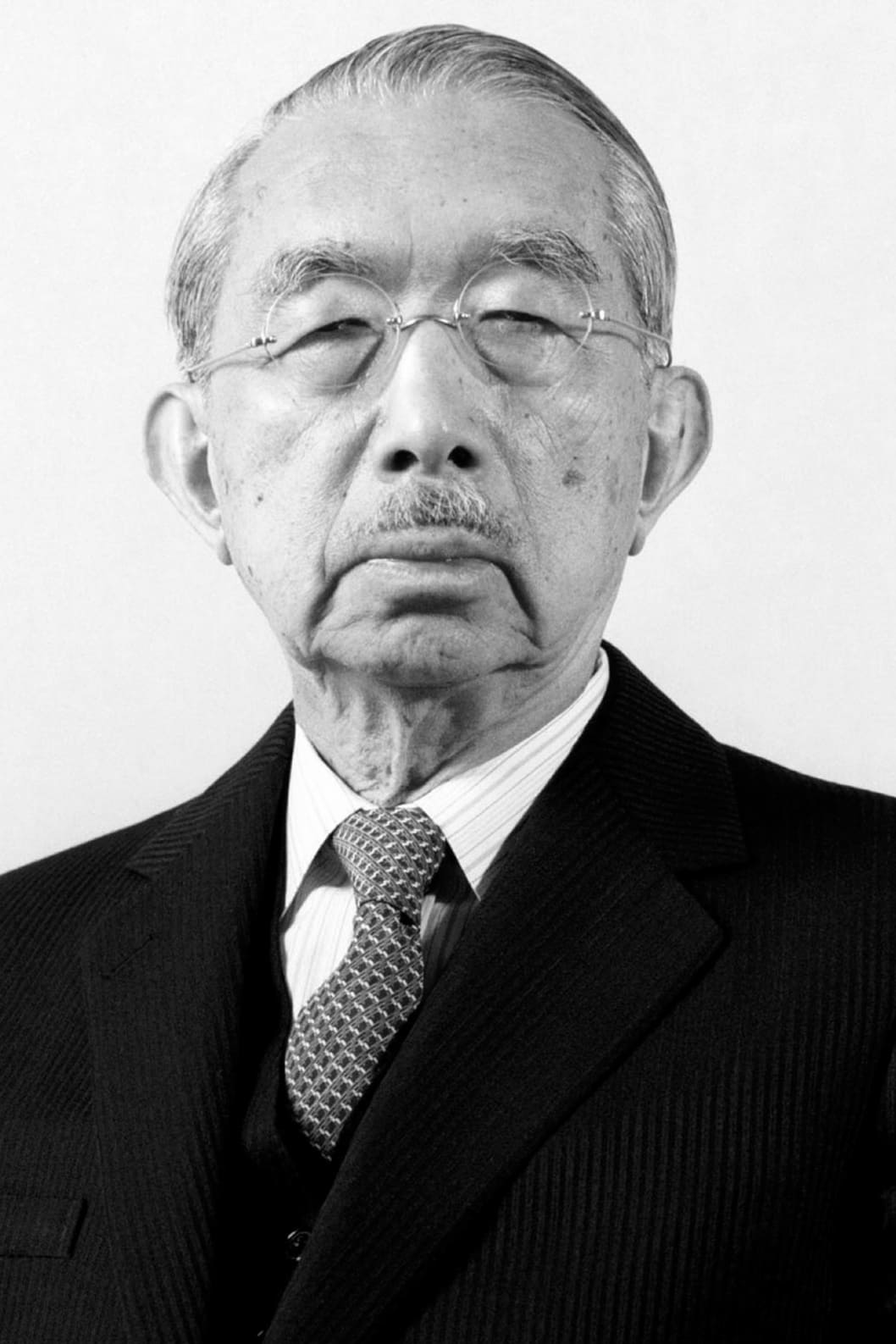
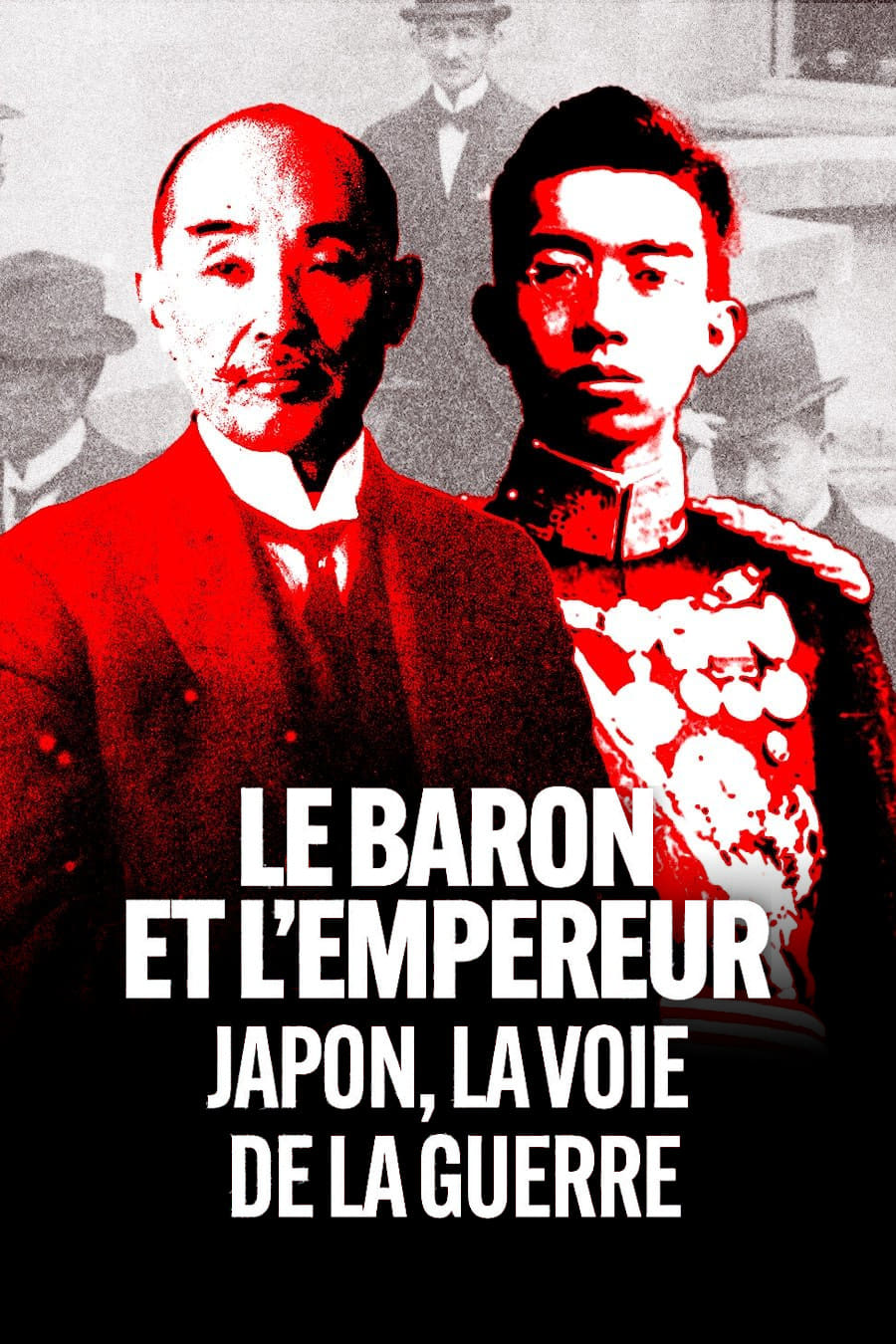
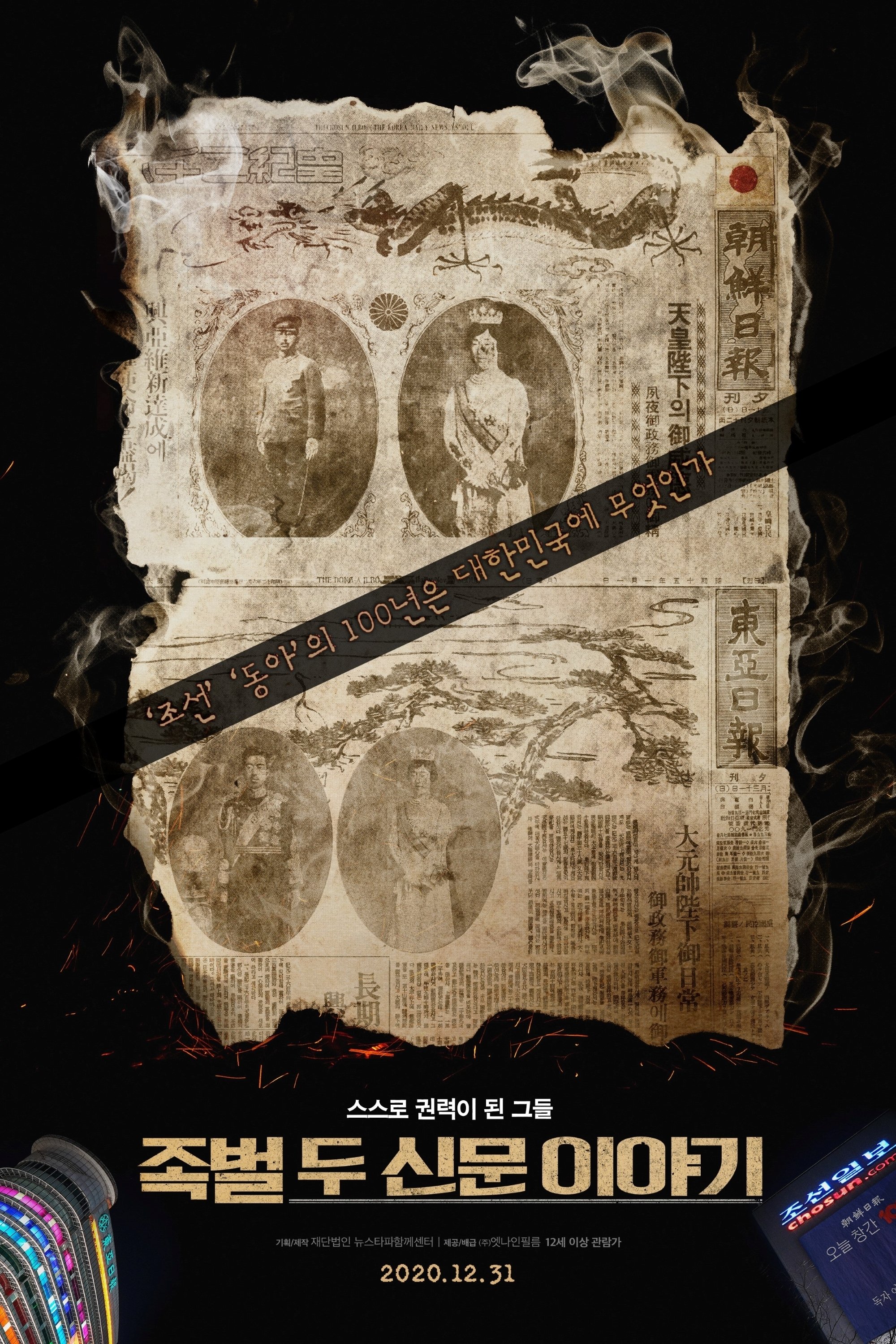
The 100 years of history of the Chosun Ilbo and the Dong-A Ilbo show that wrong press can be a social weapon.
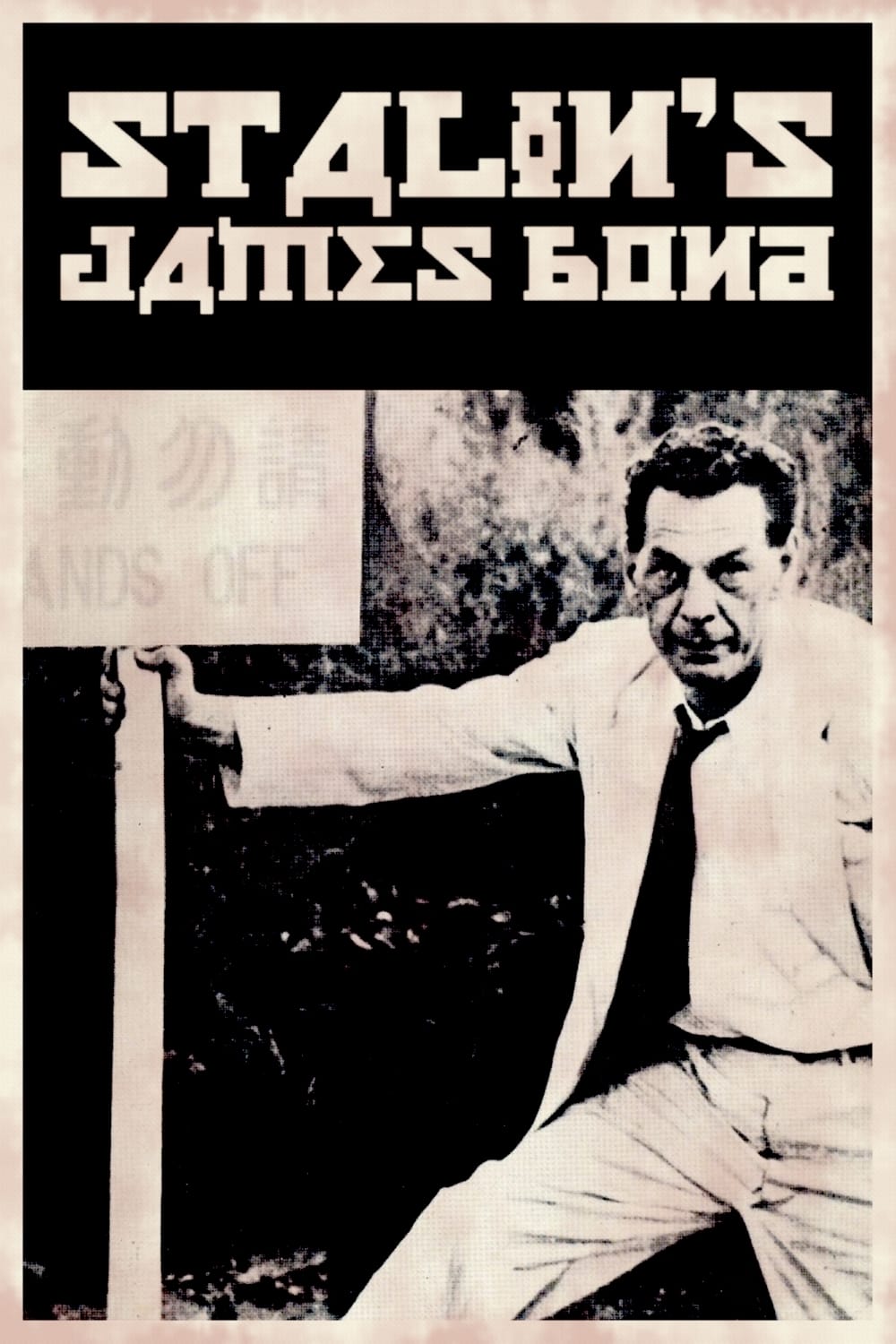
An account of the troubled life of Richard Sorge (1895-1944), a Soviet spy of German origin who played a decisive role in the outcome of World War II.
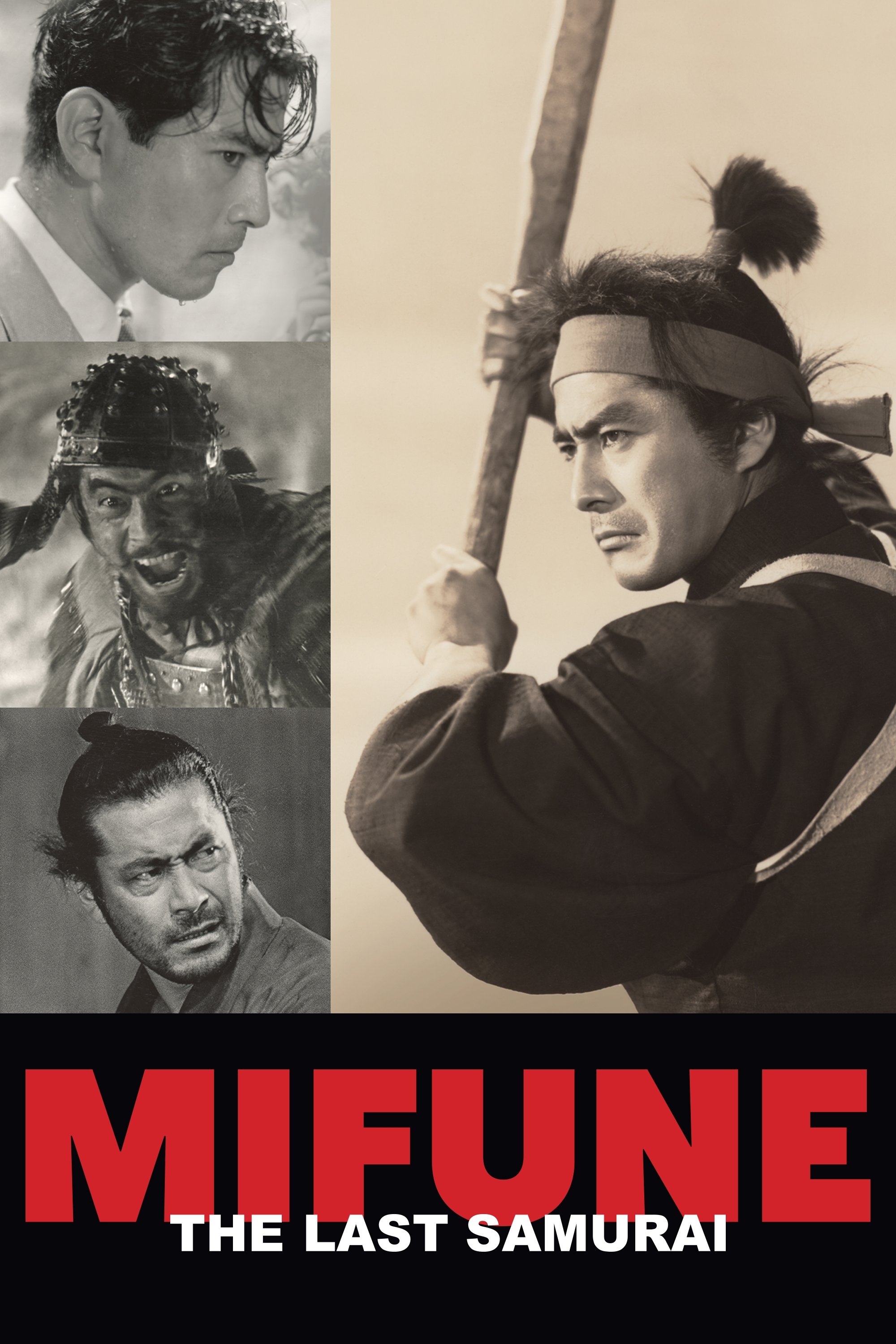
An account of the life and work of legendary Japanese actor Toshirō Mifune (1920-97), the most prominent actor of the Golden Age of Japanese cinema.
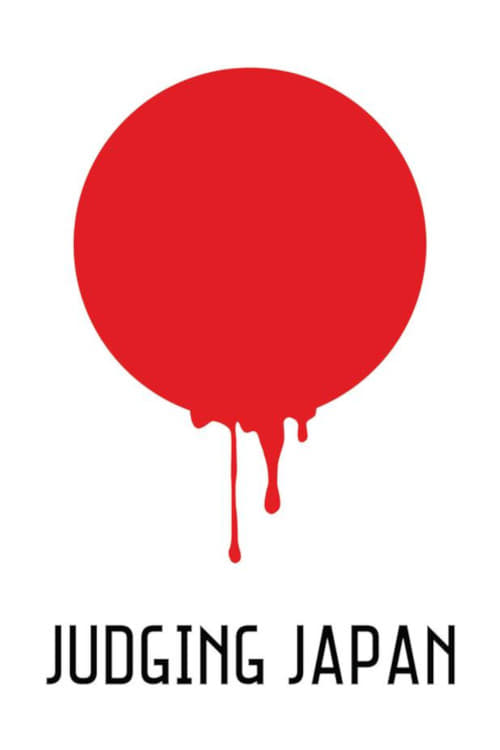
The story of the International Military Tribunal for the Far East, known as the Tokyo Trial, which, just after the Second World War, was established in Japan as a special jurisdiction in 1946 (it was closed in 1948) to judge the war crimes of the Japanese leaders; and how and why officials in Washington prevented Emperor Hirohito to be seen sat on the bench.
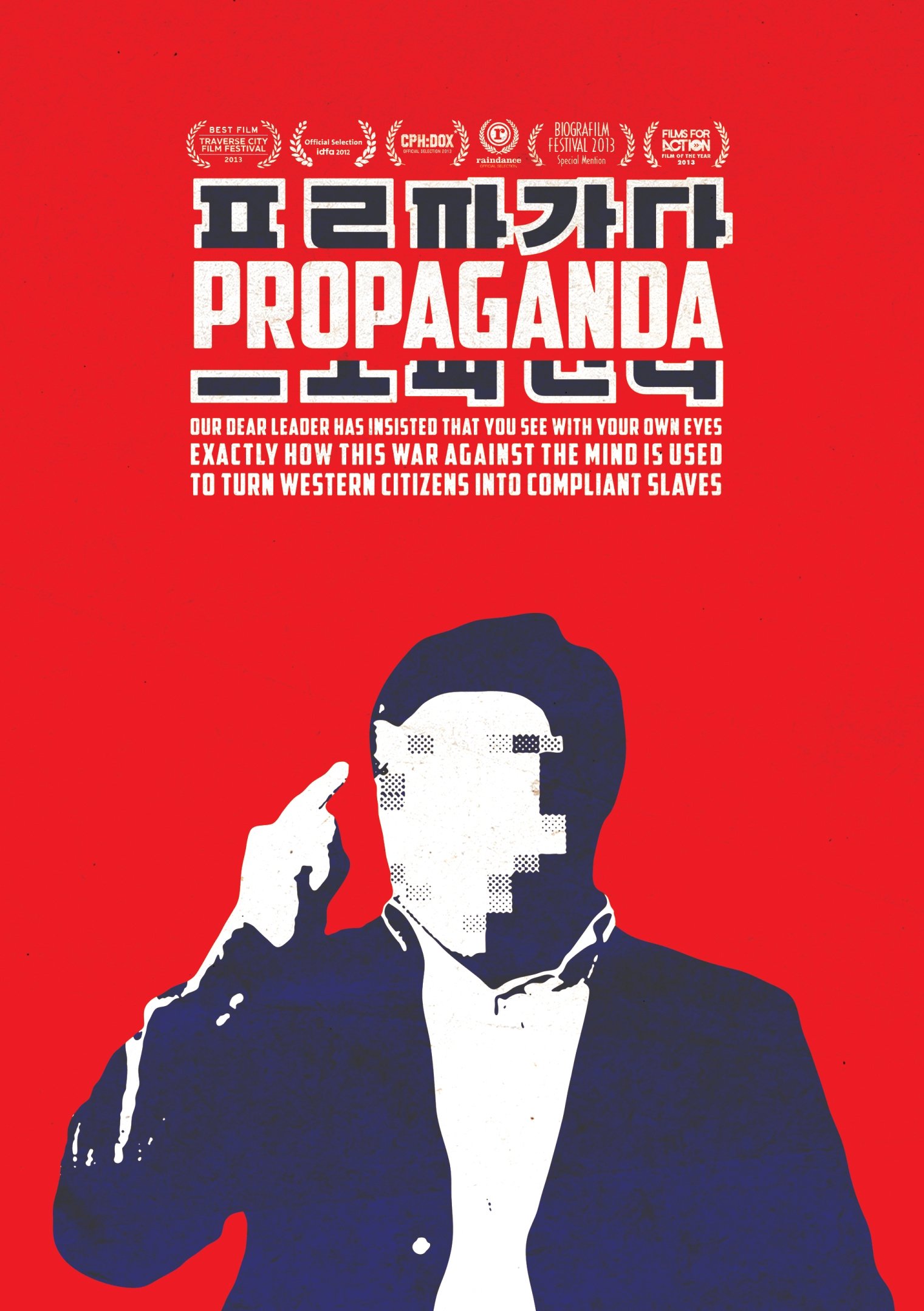
An anti-western propaganda film about the influences of American visual and consumption culture on the rest of the world, as told from a North Korean perspective.
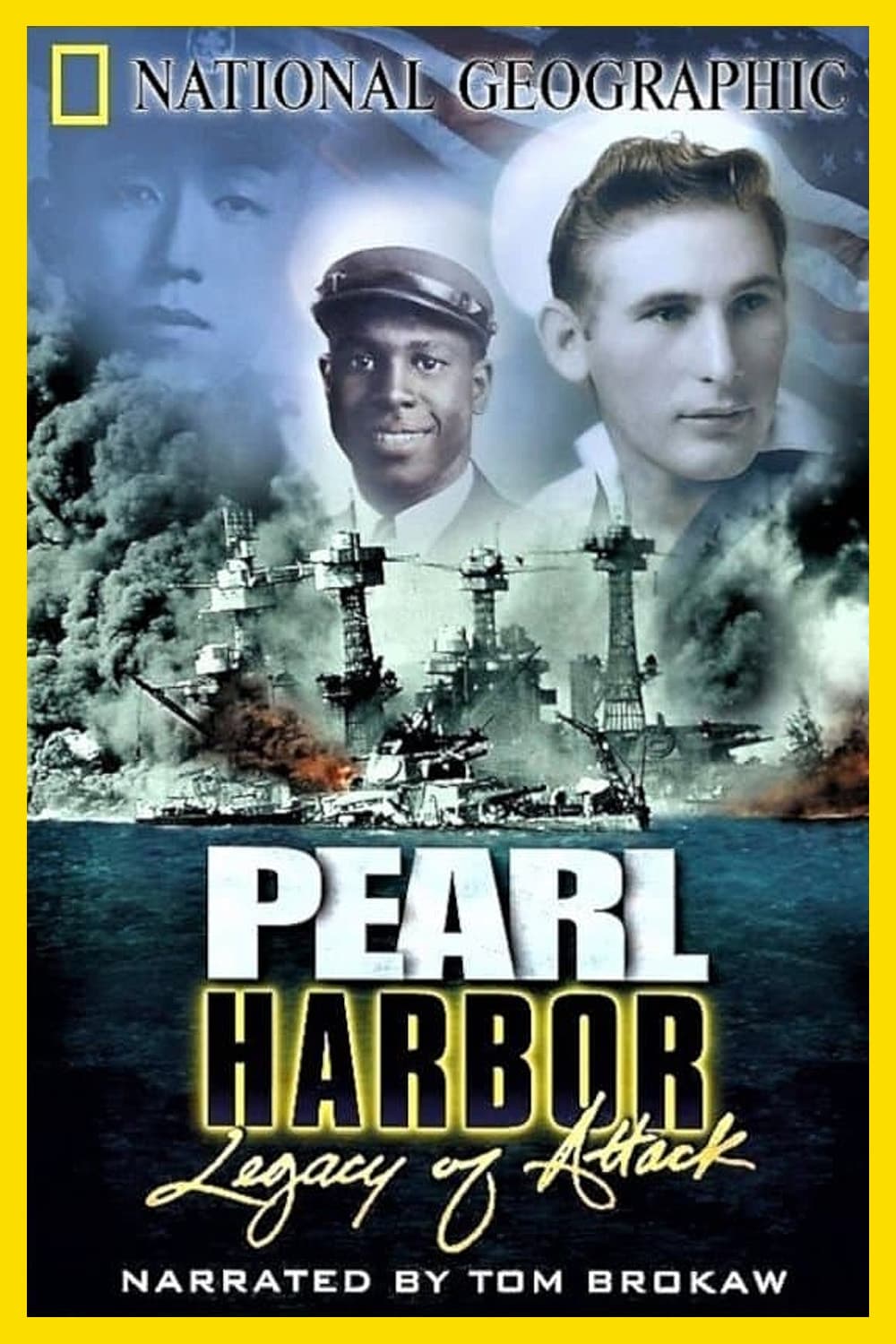
Documentary narrated by Tom Brokaw. National Geographic delves into the untold storylines and unresolved mysteries surrounding the Japanese attack on Pearl Harbor on Dec. 7, 1941. Oceanographer Robert Ballard dives deep into the waters of the harbor to find the remains of a Japanese sub and closely examine the famous wreckage of the USS Arizona. This footage is mixed with interviews with survivors of the attack.
Emperor Shōwa (29 April 1901 – 7 January 1989), commonly known in English-speaking countries by his personal name Hirohito, was the 124th emperor of Japan, ruling from 25 December 1926 until his death in 1989. Hirohito and his wife, Empress Kōjun, had two sons and five daughters; he was succeeded by his fifth child and eldest son, Akihito. By 1979, Hirohito was the only monarch in the world with the title "emperor". He was the longest-reigning historical Japanese emperor and one of the longest-reigning monarchs in the world.
By browsing this website, you accept our cookies policy.